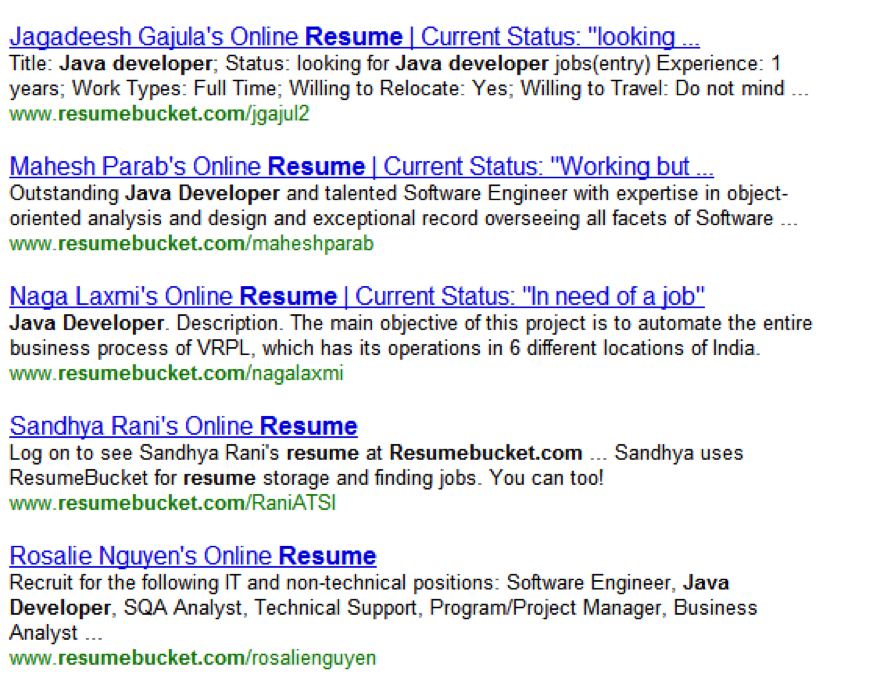Common knowledge is that tempestuous term that doesn’t necessarily describe anything common or knowledgable.
Common hiring practices have unfortunately fallen victim to the same fate. The typical recruiting steps that you take for granted may stand in the way of your results.
Make sure to never fall victim to these over-used hiring practices.
1. Experience first
Nothing can replace good, relevant experience. Do you know what can replace experience that doesn’t really pertain to the open position though? Almost anything!
Leadership roles? Experience of any sort is key. Relevant cases of experience will make the difference between someone stepping into a position, and someone diving into the deep end before they learn how to swim.
But for most other positions, who would you rather hire?
This article originally appeared on The Resumator Blog.
- A) Someone with no experience, but a proven track record of fast learning.
OR
- B) Someone with experience that’s close to what you need, who will need to unlearn many of the practices not suited to your business.
For entry and mid-level positions, don’t fall for the old tons of experience necessary. Sure it helps, but that desperately sought experience may come back to haunt you. You want someone who will perform your job, not try to replicate former activities.
2. Hire the best at all times
It makes sense. Your business wants the best and brightest. However, your fasting-growing startup or small business may not be ready for one of those mythical rock stars.
Everything’s a trade-off. Everything’s an investment. As you’re hiring, ask yourself these questions:
- Can I afford this person?
- Is their cost worth the value they bring to my business at this point?
Having the cream of the crop may end up hurting your business if you can’t afford to fill other key positions within your team.
Your budget will naturally limit your choices, so decide what best benefits your growth. You may have just enough cap-space for LeBron James, when really you need to staff the whole team.
3. Referrals make the best candidates
This one has a proven track record of validity. Error enters the recruiting process when you believe it whole-heartedly. If your employee refers a friend, acquaintance or former colleague, ask these questions:
- When did you last work with them?
- What did you personally witness that was impressive?
- Would you trust this person to make decisions affecting your job?
These questions will ensure that you’re not getting bunk referrals of poor performers.
The candidate may work out just as the referral predicted, which is great! A few quick questions won’t hurt though, and they’ll help you screen qualified candidates worth the pursuit.
We hope these tips help your hiring process. Remember, many of those so-called hiring truths may not produce the same “truthful” results.
This article originally appeared on The Resumator Blog.
